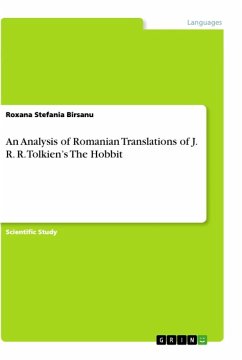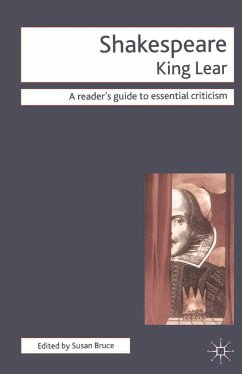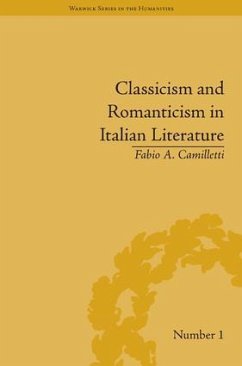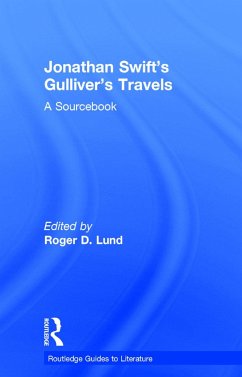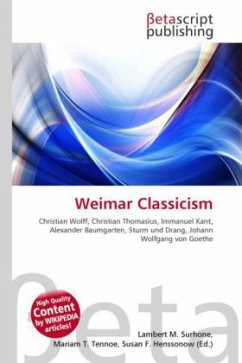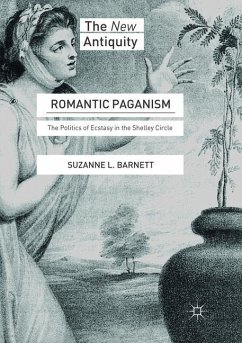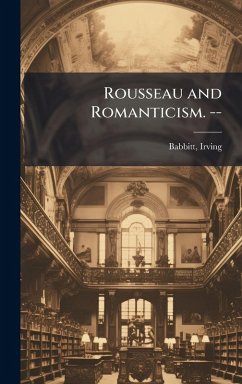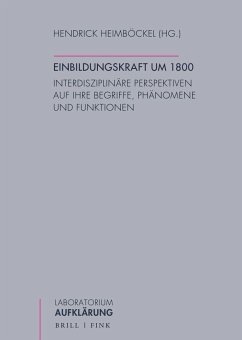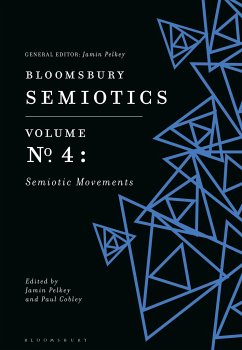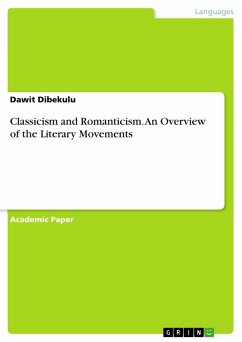
Classicism and Romanticism. An Overview of the Literary Movements

PAYBACK Punkte
0 °P sammeln!
Academic Paper from the year 2022 in the subject Literature - Comparative Literature, grade: 1, Bahir Dar University (Faculity of Humanities), course: English Literature, language: English, abstract: Literature is a unique subject that is intertwined with a variety of fields. This paper's major goal was to provide a comprehensive overview of the literary movements of Classicism and Romanticism. The 18th century's Classicism (Literary Movement) is a movement of artists and authors inspired by the styles and concepts of ancient Greece and Rome. It was a political and philosophical shift away fro...
Academic Paper from the year 2022 in the subject Literature - Comparative Literature, grade: 1, Bahir Dar University (Faculity of Humanities), course: English Literature, language: English, abstract: Literature is a unique subject that is intertwined with a variety of fields. This paper's major goal was to provide a comprehensive overview of the literary movements of Classicism and Romanticism. The 18th century's Classicism (Literary Movement) is a movement of artists and authors inspired by the styles and concepts of ancient Greece and Rome. It was a political and philosophical shift away from overt religion and toward science and reason. Reason, Balance, Order, Clarity, Ideal beauty, Common man, Orderly form/structure, Tradition, Nature as a machine, Society, Logic, and Unity were the key points of emphasis. Writers and philosophers stressed the value of logical thought in human affairs, and classicism includes the movement known as the 'Age of Reason' or the 'Enlightenment.' Romanticism, on the other hand, is an attitude or philosophical orientation that marked numerous works of Western civilization's literature, painting, music, architecture, criticism, and historiography from the late 18th to the mid-19th centuries. Order, serenity, harmony, balance, idealization, and rationalism are among the precepts that Romanticism rejects. Between the late eighteenth and the mid-nineteenth century, a cultural and intellectual movement known as Romanticism flourished in Europe. The Romantic Movement emphasized the significance of emotional sensitivity and individual subjectivity and was seen as a break from the Enlightenment's guiding principles, which placed reason as the foundation of all knowledge. The most essential creative faculty for the Romantics was imagination, rather than reason.




